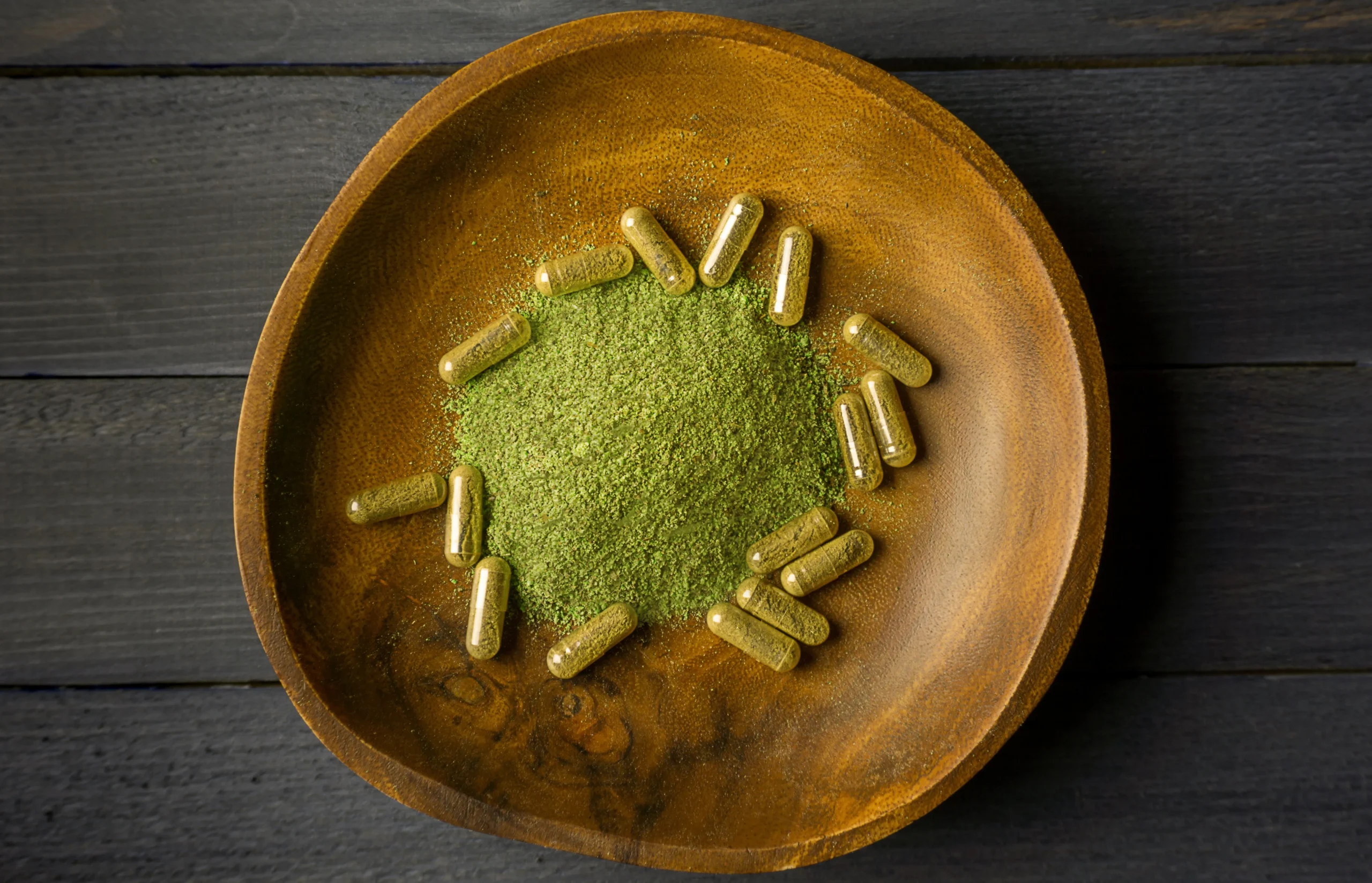- 4 Oct 2025

Kratom, a tropical evergreen tree native to Southeast Asia, has gained significant attention in recent years. Its leaves are often consumed for their stimulant and sedative properties. While some people claim it offers relief from pain, anxiety, and opioid withdrawal symptoms, others raise concerns about its potential risks and side effects. This article delves into the world of kratom, examining its potential benefits, risks, and legal status in the United States.
Kratom contains alkaloids, primarily mitragynine and 7-hydroxymitragynine, which interact with opioid receptors in the brain. These alkaloids are believed to be responsible for kratom’s various effects.
While research on kratom is limited, some users report the following potential benefits:
It’s important to note that kratom is not without risks. Potential side effects include:
The legal status of kratom varies by state. While it is not currently federally regulated as a controlled substance, several states have implemented bans or restrictions on kratom. It’s essential to check the specific laws in your state regarding kratom.
Kratom is a complex substance with both potential benefits and risks. While it may offer relief for certain conditions, it’s crucial to weigh the potential risks before considering its use. As research on kratom continues to evolve, it’s important to stay informed and consult with healthcare professionals to make informed decisions about its use.